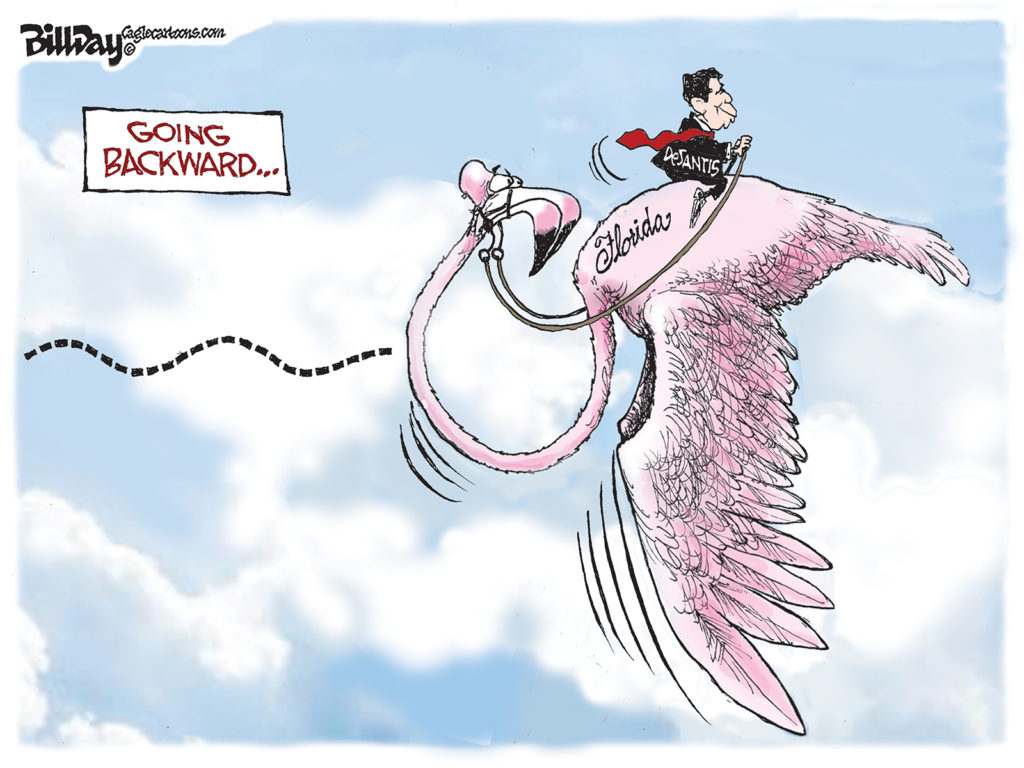Author’s Note: The subject of drug abuse, drug addictions and mental health are something that concern a great many of us, whether as sufferers, as relatives or carers of sufferers or as members of society who have recovered. Some of the most vulnerable members of society are targeted by laws and statutes which many of us do not know about or fully understand. I wrote this piece to highlight that and to bring to public attention a matter which I felt to be of importance.
Impact of New Law in Memphis for Drug-using Expectant Mothers
A new law set to be introduced in Memphis is attracting a great deal of negative publicity. Louis Goggans reports that “For the next two years, pregnant women in Tennessee battling drug addiction will be in jeopardy of receiving up to 15 years in prison.”
This follows Tennessee Gov. Bill Haslam’s signature of SB 1391 into law in April 2014, a bill which states “that a woman may be prosecuted for assault for the illegal use of a narcotic drug while pregnant, if her child is born addicted to or harmed by the narcotic drug.” An alcohol intervention was also sanctioned and followed. The act is dated to continue until July 2016.
Goggans states that this makes Tennessee the “first state to authorize the arrest and incarceration of women who use drugs while pregnant.” The law has proved controversial, with women’s rights groups and medical professionals speaking out against ethical concerns surrounding the bill.
Voicing concerns
One of the more prominent groups in voicing their concerns about the bill and its implications has been sexual health and reproduction news site, RH Reality Check. According to a post on their website calling for Gov. Haslam to veto the bill, they claim it “substitutes the suspicion of law enforcement for the medical judgment of doctors and is far out of step with the most effective standards for either addiction treatment or neonatal care.”
The article goes on to state that drug treatment for mothers works best when they have access to their families. The article also indicates that the law will most likely put mothers with addiction problems off seeking prenatal care, for fear of criminalization.
The reason lawmakers have pushed for SB 1391 has been the welfare of babies born with drug addictions, and treatment of conditions such as Neonatal Abstinence Syndrome (NAS). The Tennessee Department of Health claims that there has been a ten-fold increase of reported cases of NAS over the past decade.
The Tennessee Medical Association
Douglas Springer from the Tennessee Medical Association (TMA) has also been critical of the law. In a release on the TMA website, Springer states that Tennessee has one of the highest rates of NAS in the United States, with 855 births carrying the disease in 2013 alone.
The TMA has been pushing for action for alarming statistics like this for some time. Although they opposed the bill, TMA did advocate amends. The first amend is that “a woman can only be charged with a misdemeanor and not a felony as the bill was originally drafted.” If a mother is charged with assault, “it can be expunged by a judge if the mother undergoes treatment, so it should not affect her ability to earn employment.” The second amend is that it is enforced for an initial two year period. This provides enough time “to evaluate whether it is improving the situation, having no effect, or making it worse.”
Opponents of SB 1391 have been stressing the need for rehabilitation over criminalization. Throughout the country there is any number of rehab facilities available, with plenty of resources online to help identify the most appropriate care for an individual suffering from drug addiction. One such site is Rehabs.com, which specialises in high-end treatment.
With a section dedicated to long term care, where their “programs strive to decrease the likelihood of relapses and help the person function well when no relapses are evident.” Specific to Memphis is La Paloma, which focuses on tailoring treatment programs to the individual, with a commitment to “to providing integrated, evidence-based treatment.”
With the debate surrounding SB 1391 likely to continue for some time throughout the duration of its initial two year period, it is important to be mindful of distinguishing the criminal act of drug use from the health related concerns.
Is incarceration the best course of action for expectant mothers suffering from an illness because the cause of the illness happens to an illegal activity? The interest of TMA in the program and their desire to monitor its outcomes to evaluate and steer its future, is surely a welcome compromise of sorts for the medical professionals and welfare support groups who have opposed the bill. This will be a trying topic for lawmakers and healthcare professionals.
“Bill Summary.” Tennessee General Assembly. http://wapp.capitol.tn.gov/apps/billinfo/BillSummaryArchive.aspx?BillNumber=SB1391&ga=108 (accessed May 28, 2014).
Dreyzehner, John. “Department of Health.” Tennessee Department of Health: Maternal and Child Health. http://health.state.tn.us/MCH/NAS/ (accessed May 28, 2014).
Goggans, Louis. “Tennessee Pregnancy Law Could Adversely Impact Minorities, Low-Income Women.” Memphis Flyer. http://www.memphisflyer.com/CallingtheBluff/archives/2014/05/09/tennessee-pregnancy-law-could-adversely-impact-minorities-low-income-women (accessed May 28, 2014).
“Long Term Drug Rehab.” Rehabs. http://luxury.rehabs.com/long-term-recovery-services/ (accessed May 28, 2014).
“Memphis Programs – La Paloma.” La Paloma. http://www.lapalomatreatment.com/programs/ (accessed May 28, 2014).
“RH Reality Check | Governor Haslam: Veto the Pregnancy Criminalization law, SB 1391.” RH Reality Check | Governor Haslam: Veto the Pregnancy Criminalization law, SB 1391. http://action.rhrealitycheck.org/page/s/gov-haslam-veto-pregnancy-criminalization-sb-1391 (accessed May 28, 2014).
Springer, Douglas. “TMA Statment on Tennessee’s NAS Epidemic – Tennessee Medical Association.” Tennessee Medical Association. http://www.tnmed.org/2014/05/tma-statment-tennessees-nas-epidemic/ (accessed May 28, 2014).



Horrible law brought to you by horrible people. Yes Amy, I’m talking about you.